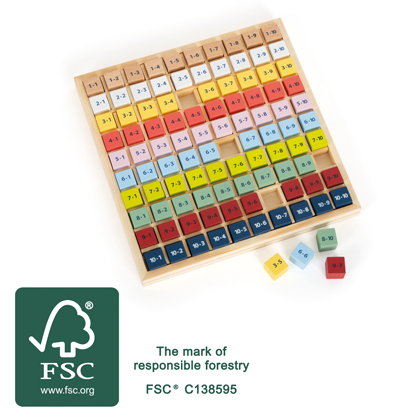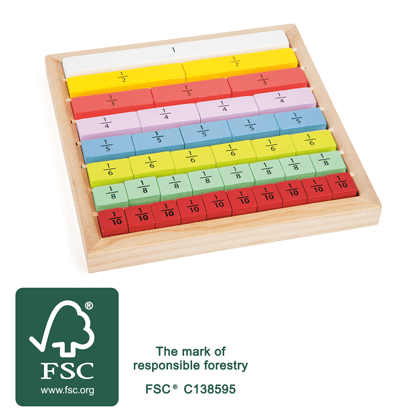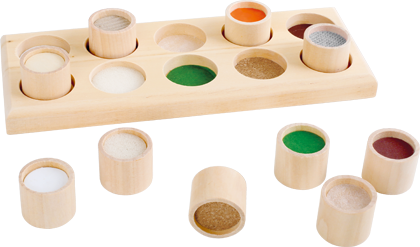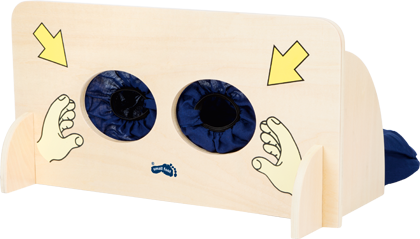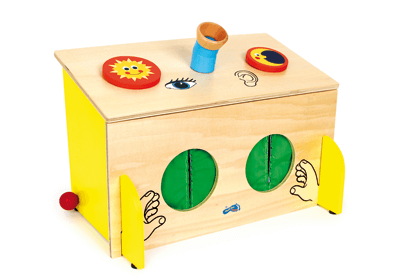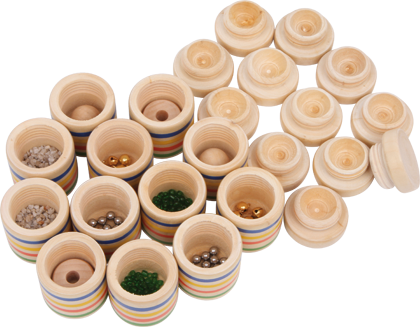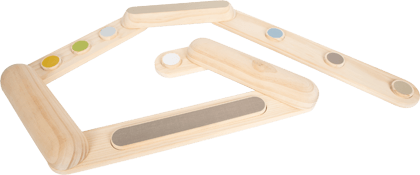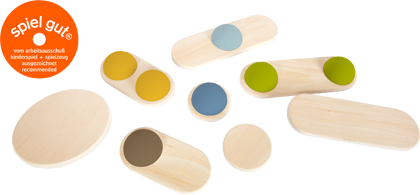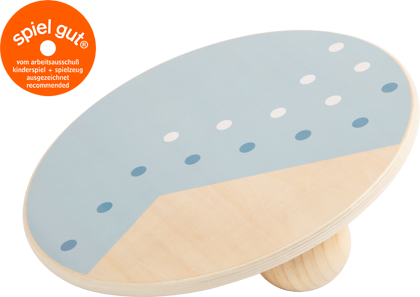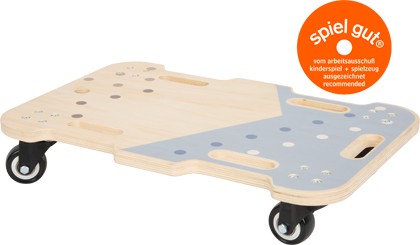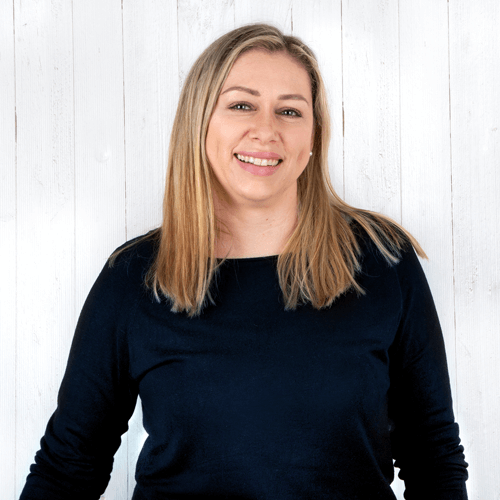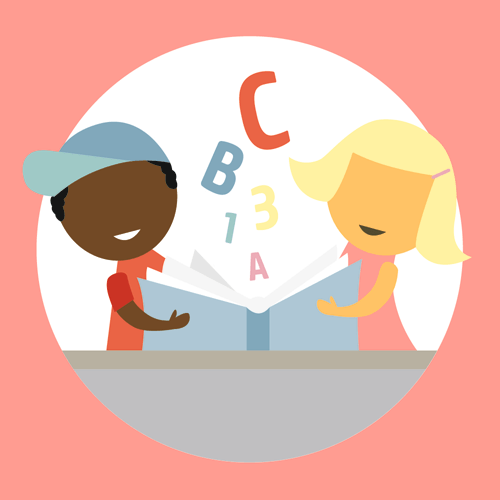
7 Simple Tips: How to Playfully Promote Your Child’s Learning
Children love to learn. However, when fun falls by the wayside, the success in learning also suffers. This is why playful learning is so important! Whether by reading, arithmetic or motor skills: play and fun create positive emotions and the learned material stays longer in children’s memories. So how is this done? We’ll tell you in this article! Here are 7 tips for playful learning with your child!

